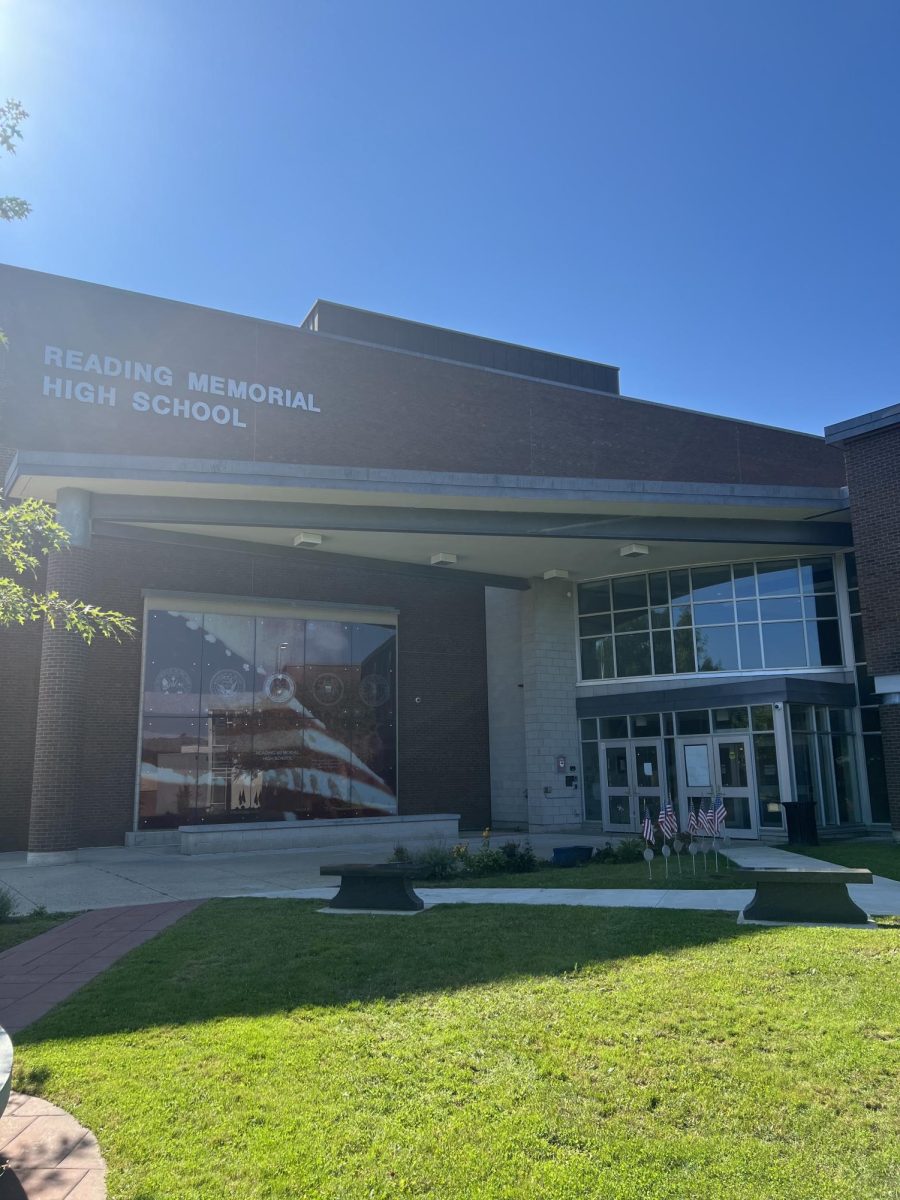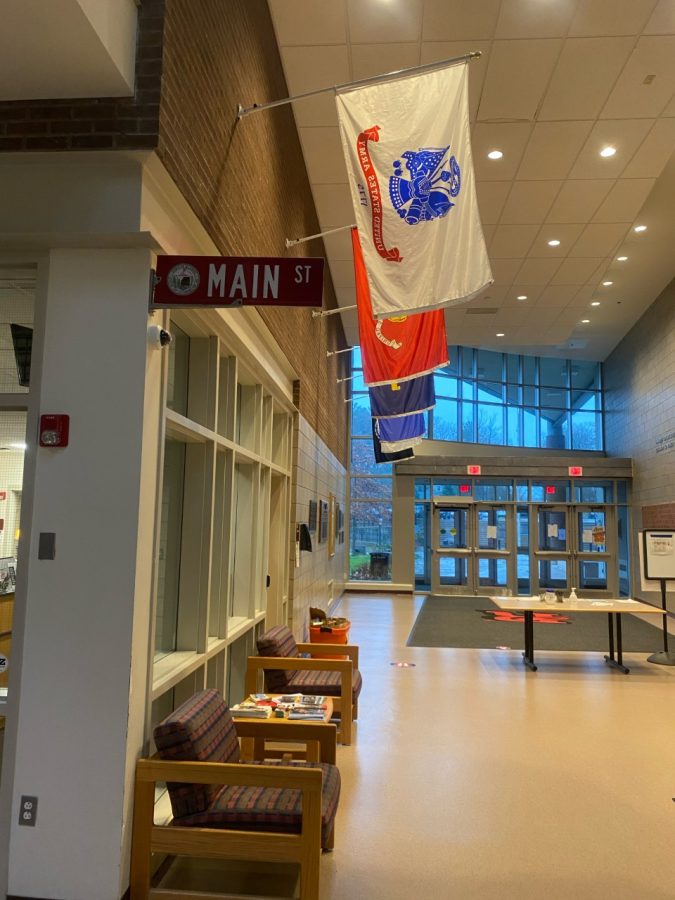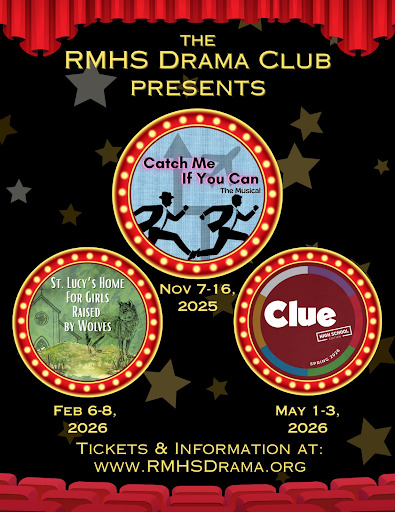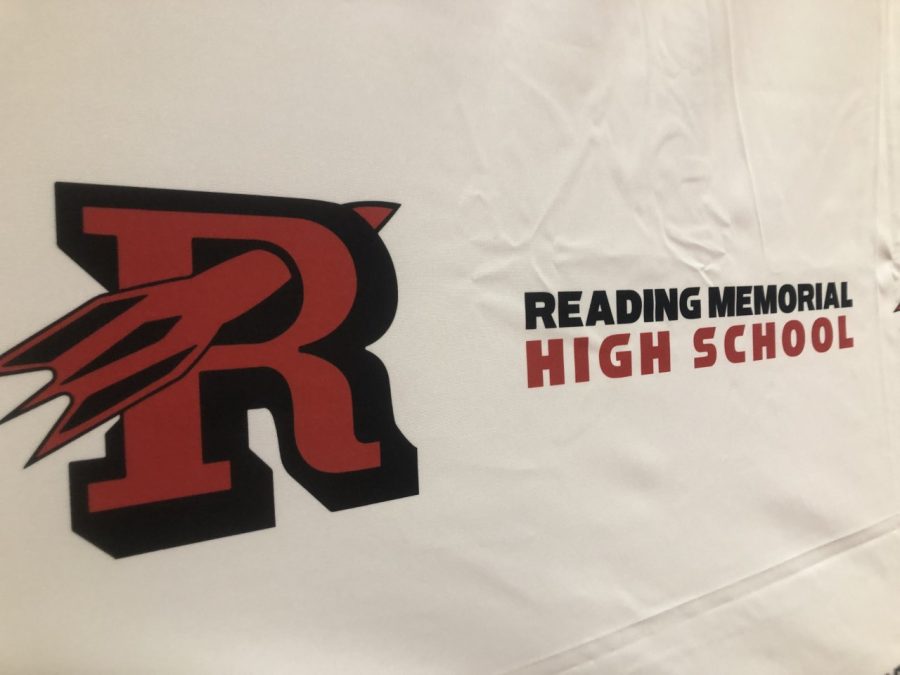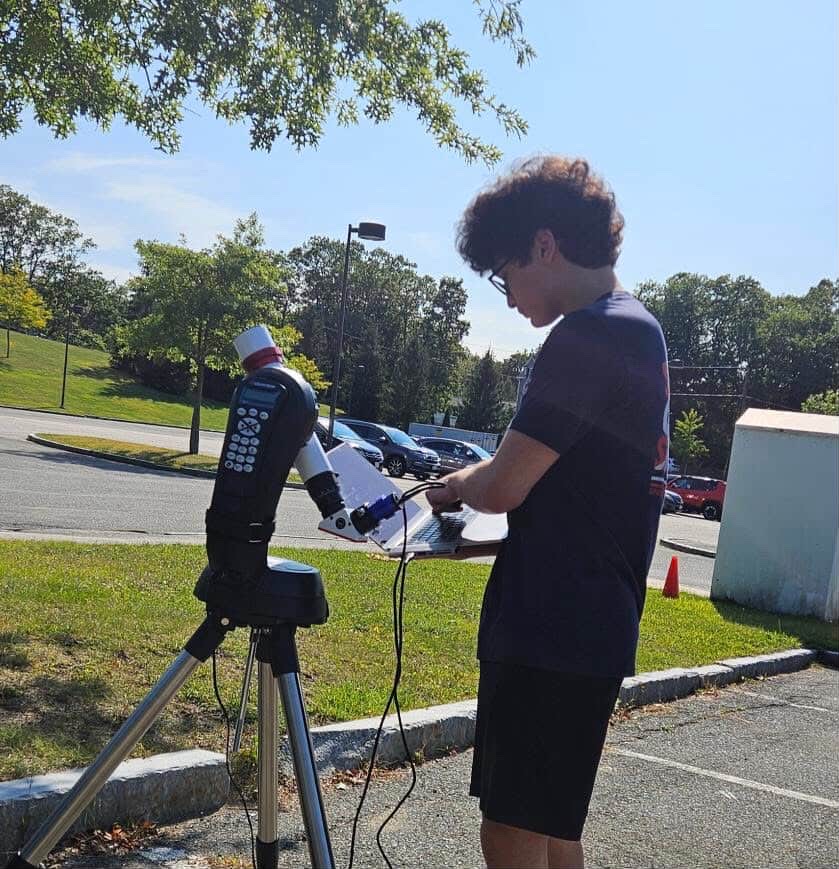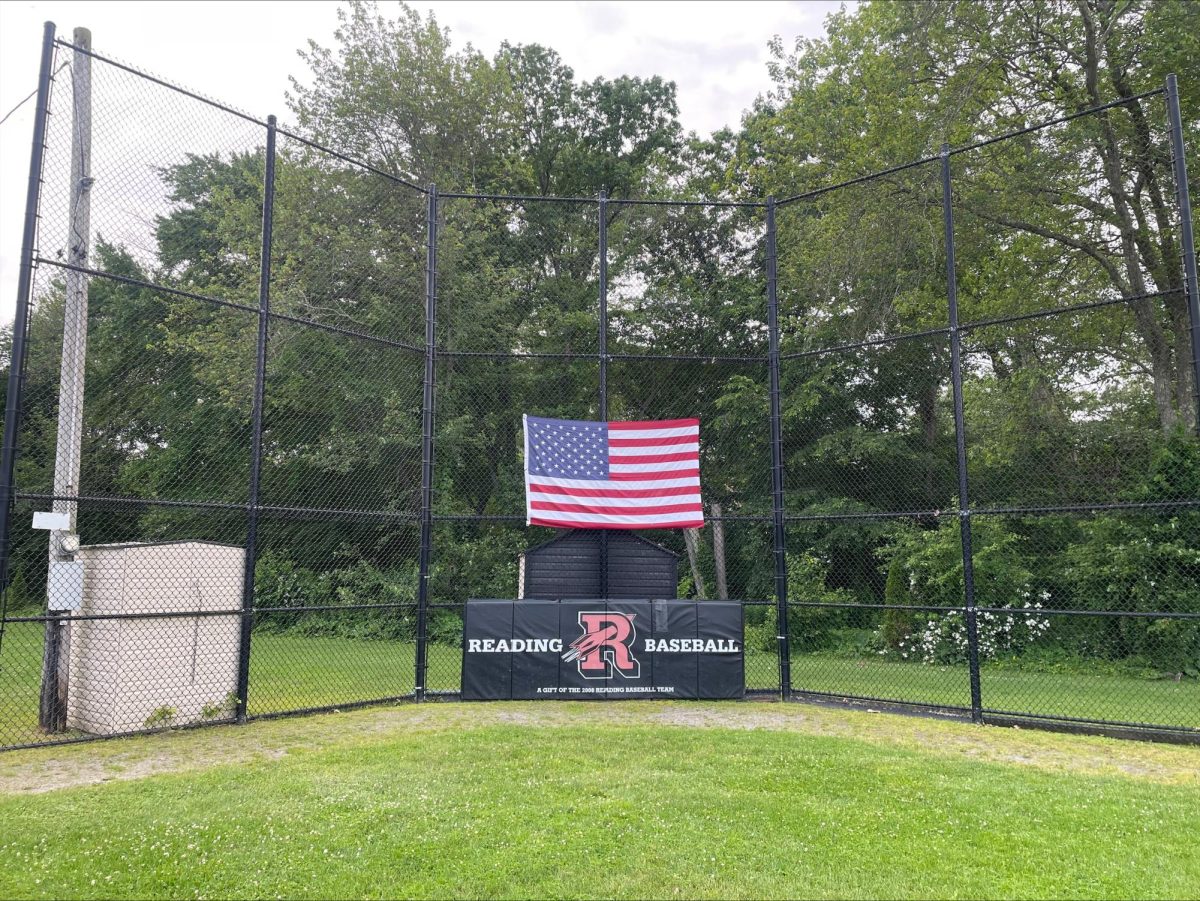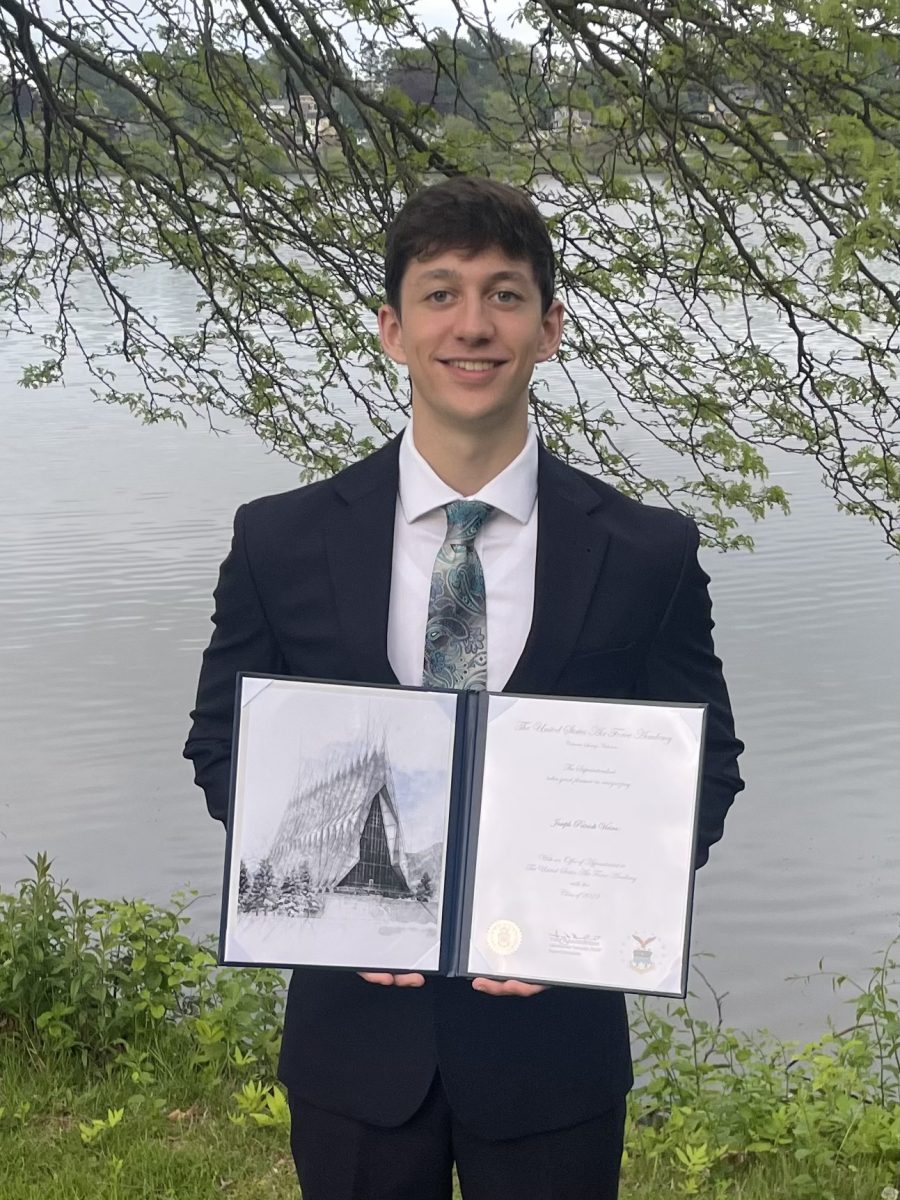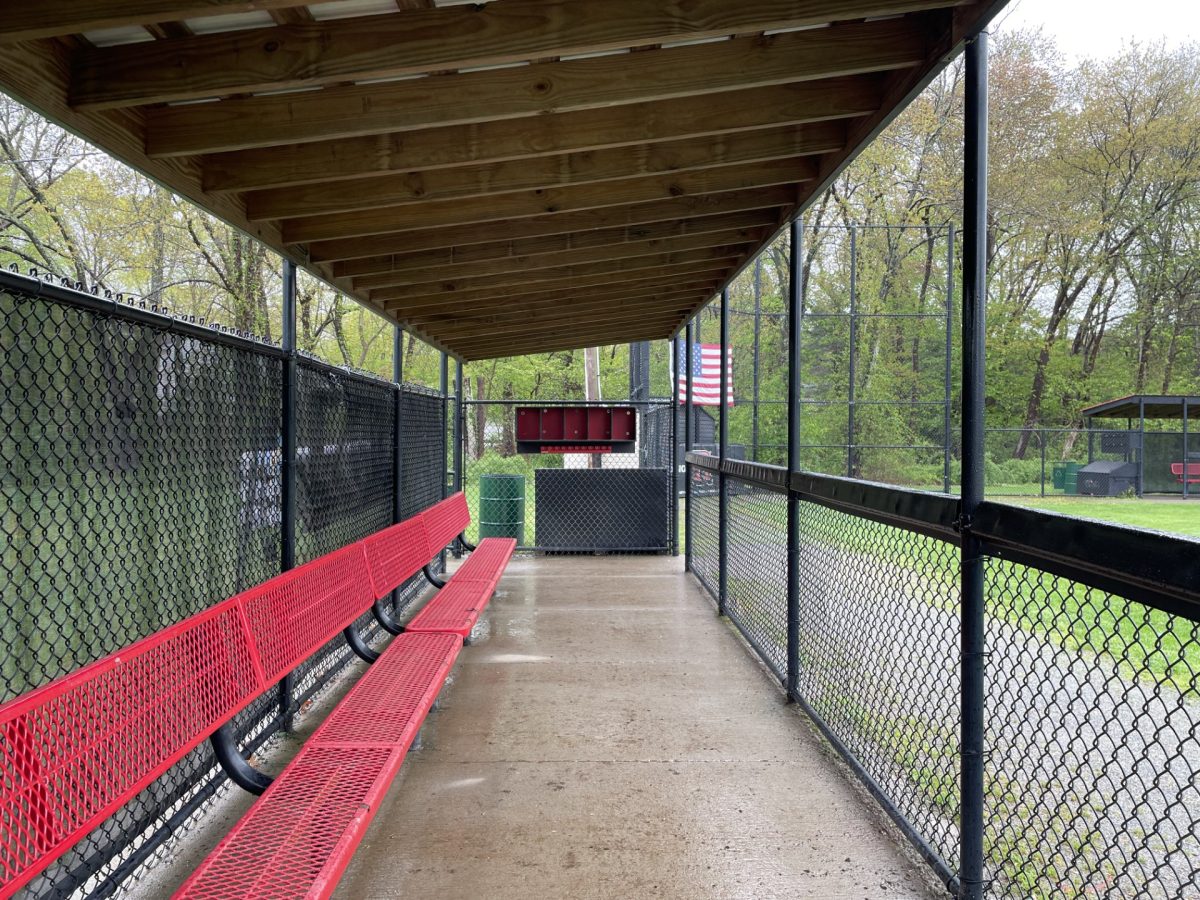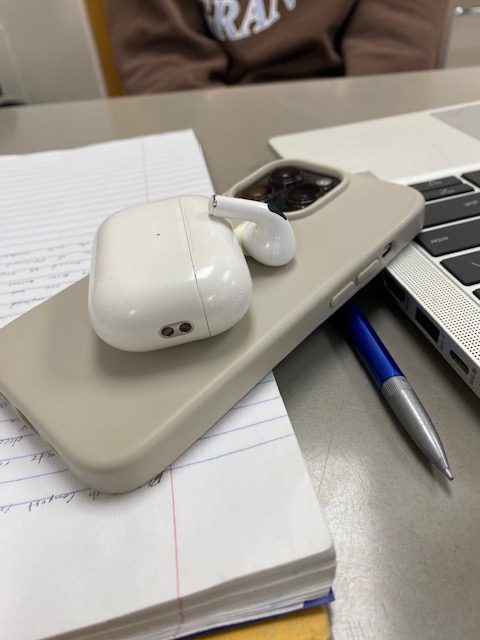As graduation approaches for the class of ‘24, the topic of whether or not American high schools should continue the tradition of selecting a valedictorian has gained some attention, locally and nationally, as people begin to question its value and overall necessity.
A Changing Perspective
An article published in a 1937 edition of the Reading Chronicle suggests that Reading High School (before it was a “memorial” high school) was recognizing a valedictorian as early as 1924. According to principal Ms. Callanan, people can expect there to be one this year. The RMHS student handbook, states that the decision of who will be awarded the position of valedictorian is based on the candidate’s weighted cumulative GPA throughout the four years of high school. The student must also be enrolled as a full-time student in both junior and senior years of high school to be eligible. In the past, the valedictorian has been expected to give a speech at the graduation ceremony.
Getting rid of having a valedictorian has been relevant in school districts throughout the US, specifically in the states of Connecticut, California, Ohio, and New York. The Cherry Creek school district in Colorado announced in a letter signed by their high school principals that they will stop recognizing valedictorians beginning with the class of 2026. The district claimed that “having a valedictorian was outdated and all students can compete at a high level and learning is not a competition.”
The Valedictorian at RMHS
This debate of whether or not RMHS should continue having a valedictorian is now very present in the school and has gotten the administration, teachers, and students involved in the discussion.
Principal Callanan, believes that changing the policy of having a valedictorian is one that is a “community-to-community decision and requires a much bigger conversation.” She specified that the school council, which consists of parents, staff, and students, “decided to make it optional this year for students to give a speech at graduation, so now they don’t need to feel pressured to do that.” Ms. Callanan also said, “I don’t have a deep opinion about it either way, but it’s my job to facilitate conversation and then make a decision that’s in the best interest of the students.”
Teachers’ Perspectives
English teacher Ms. Cunningham, who has been teaching at RMHS for more than 10 years said that she fears that having a valedictorian leads to “grade grubbing.” She explained that this “is when a student comes back to a teacher and keeps asking about why they lost a point and then asking for a point to stay ahead.” When asked if she has experienced this in her years of teaching Cunningham answered, “I sometimes do.” She shares her frustration in her belief that “having a valedictorian leads to students caring more about the grades and less about the learning.” Cunningham also said, “I wonder about the equity of the whole thing.”
Math teacher Mr. Skehan also brings attention to the idea that having a valedictorian is not fair because a weighted GPA that assigns a multiplication factor to a grade based on the level of the class is not fair. “Who’s to say that anyone’s class is harder just because it’s AP,” Mr. Skehan explained. “I think we have lots of classes in the school that are honors level that are harder than many of our AP.”
French teacher Ms. McSorley shares a different perspective on the subject. When asked if she thought having a valedictorian was a positive or negative thing for the school she said, “I don’t think it’s a bad idea to have a named valedictorian. I think it’s a way to give recognition to a person who has earned it.” She also adds, “For some people, academics is their strength, and that’s where they should be recognized because maybe they are unable to be rewarded in other areas.” McSorley also compares it to “any other recognition that is given to accomplishments in athletics or based on artistic talent.”
Students’ Perspectives
Members of the class of ‘24 also had views to share about the topic. When asked if she believed it was important to have a valedictorian at this school, Grace Hattery’s (‘24) views were similar to those of Ms. McSorley. Hattery answered, “Yes because I think it’s important for people to be recognized for the hard work they have put in throughout all 4 years of high school.” Leah Rodriguez (‘24) also shares, “Having a valedictorian doesn’t create an unhealthy relationship between me and my studies, and in the end, it doesn’t affect me at all.”
Although the topic of having a valedictorian at RMHS has provoked discussion between both staff and students, the graduating class of 2024 can expect to have a valedictorian at graduation. More discussion will certainly need to take place before further decisions are made.
